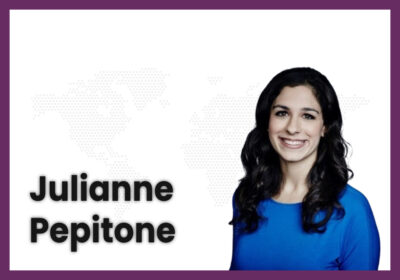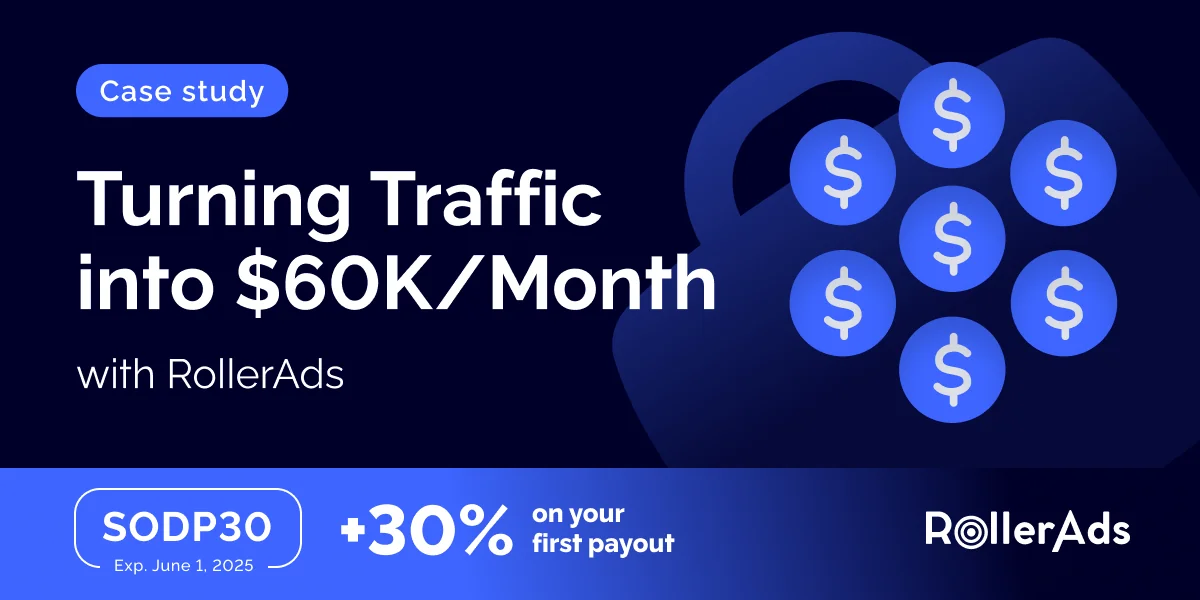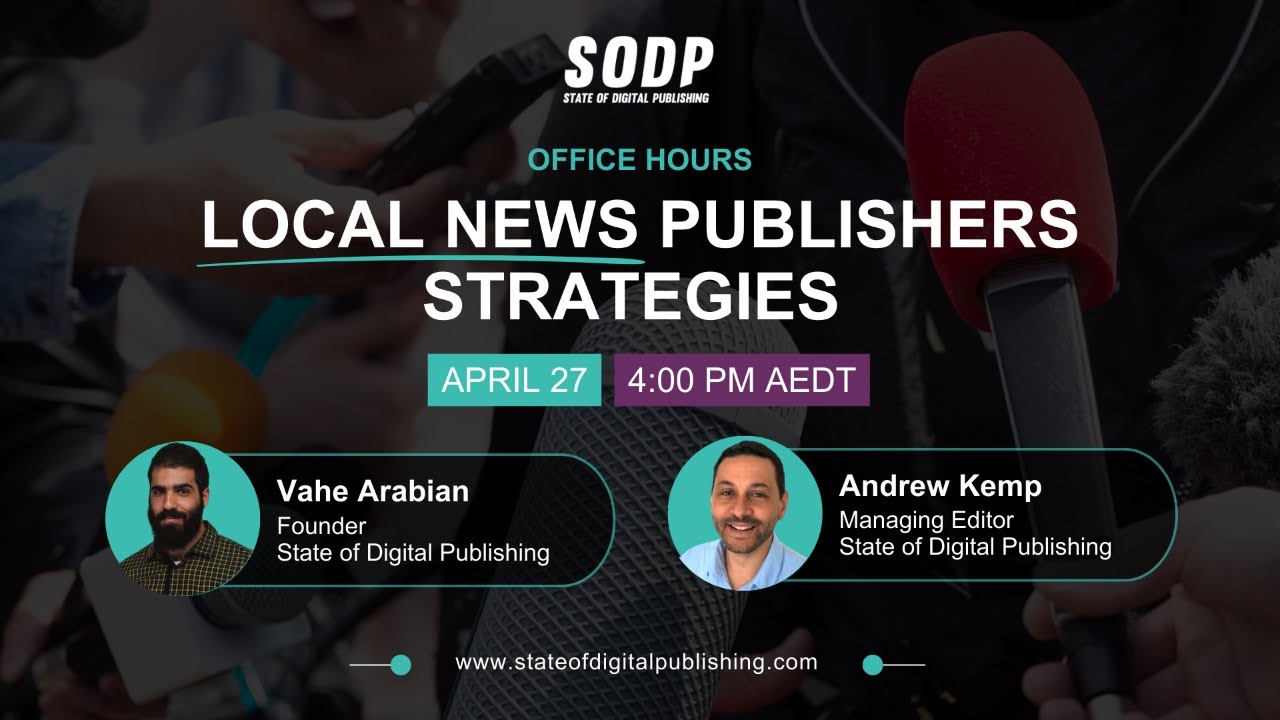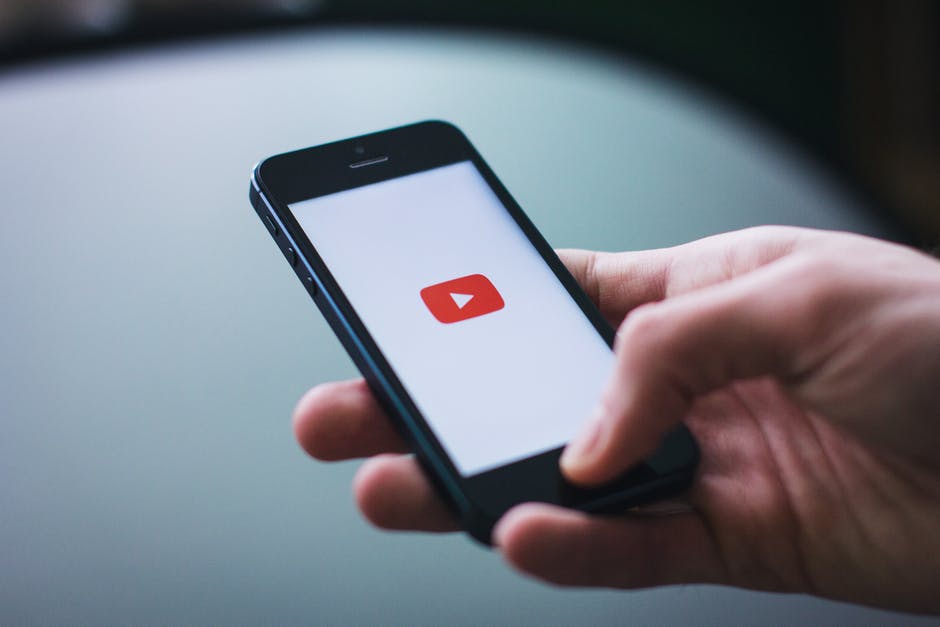Formerly consumer tech and cyber security writer on staff at NBC News and at CNNMoney. Freelance writer/journalist.
What led you to start working in digital/media publishing?
I’ve wanted to be a journalist for as long as I can remember. I graduated from Syracuse University in 2008, which was a difficult time for the job market but actually helped create my first opportunity in digital media. [restrict] I started at CNNMoney.com, the financial news arm of CNN, a few weeks after Lehman Brothers failed. As the economy was tanking, the once-small CNNMoney was exploding — I was thrown right into writing about the stock market, commodities, TARP, Ponzi schemes and all other types of business news. As the entire field was foreign to me at the time, I didn’t fully grasp just how wild that time really was!
I became a founding member of CNNMoney’s tech section and began appearing on live TV (“Situation Room,” the daytime news shows, etc.) as well as videos for the site, which solidified my desire to be a multimedia journalist. After more than five years at CNN, I moved to NBC News to become the site’s senior technology writer covering cybersecurity and consumer tech. I had the pleasure of spinning up several series with the site’s talented video team, scripting and appearing in those videos, and continued doing live TV hits for shows like Nightly News and The Today Show too. I resigned from NBC in 2016 to make the leap to full-time freelancing, and it’s been a joy.
What does a typical day look like for you?
I work 8:30 to 4:30 Monday through Thursday, and that’s just about the only constant. I’ve developed a decently large and eclectic mix of clients — and I work in multiple journalism formats, like text, video, and TV — so a typical day or week really varies.
Most weeks I write and submit a few articles and video scripts, as well as complete interviews and research for the following week’s deadlines. On a daily basis generally, I tackle my toughest assignment, or biggest chunk of actual writing, early in the morning when I’m sharpest. I try to schedule the bulk of my interviews first thing after lunch, and I tend to save housekeeping tasks like invoicing and scheduling for the tail end of my day.
What’s your work setup like?
I keep it pretty simple. I have a basement office with little more than a desk and bookshelves, and on my desk, I have my laptop plus a second large monitor. I put my interview transcripts, notes, and other research on the large monitor while writing my articles or video scripts on my laptop screen.
My tools aren’t too exciting, I’m afraid! I spend most of my time in good ol’ Microsoft Word and Google Chrome. I use Wave for my invoicing software, which also helps me track my financial progress each month.
What’s your favorite piece of writing or quote?
A comment from Ruth Bader Ginsburg on being a working parent: “Each part of my life gave me respite from the other.” Her entire discussion with The Atlantic, about how parenthood provided a better sense of balance and of what truly matters, resonated deeply. I’m really happy when I get to start work in the morning, and I’m really happy when it’s time to spend the afternoon and evening with my family. I don’t have that “Sunday night blues” feeling as a freelancer; the weekends and weekdays are equally enjoyable, and I feel lucky to be able to say that. That “respite,” as RBG put it, injects a feeling of harmony into my life.
What is the passionate problem you are tackling at the moment?
I passionately believe that my job as a freelancer is to make life easier for my assigning editor or producer. I understand it can be nerve-wracking to hand a project to someone who is external to the organization.
So I want my clients to be confident that when they give me an assignment, it’s not only as good as done — it’s as good as done well, on time, and to the highest standards. Making life easier differs from the situation and the individual, so it’s a constantly evolving challenge. For example, for some editors, frequent communication is what makes life easier; for others, it’s about not clogging their inboxes during the process, until you submit a great completed project at the end. I work hard to read the room, so to speak, to figure out what makes life easier for each client and conduct my work for them accordingly.
Is there a product, solution, or tool that you think is a good match for your digital publishing efforts?
I love Wave’s invoicing software. It’s free for the simple invoicing features I use, and the program makes it easy to track my financial goals and view my income broken down by month, quarter, customer, etc.
Content from our partners
Any advice for ambitious digital publishing and media professionals just starting out?
Embrace any opportunity to work in multiple formats. I figured I’d always be a writer, and while that is my main skill set, adding live TV appearances and video scripting to my resume has made a world of difference. It all started with one TV appearance on CNN International back in 2009, and I was so nervous. Same idea with video scripting: When someone at CNN asked if I would write a video script to accompany my article, it was entirely foreign to me. In both cases, it was a “just throwing it out there” type of request; I could have declined because it wasn’t my comfortable spot. I’m so glad I went for it. Writing and appearing in TV spots and web videos have opened me up to great opportunities and allowed me to work with all kinds of teams.
I urge those starting out to do the same. Expand past the job as written, and take any opportunity you’re offered. But don’t necessarily just wait for someone to come by your desk. If you have an interest or a skill that might help the folks in your photo or video department, see if you might be of help to them. The key is to approach everything with a collaborative, team-player, how-can-I-help-you attitude, rather than nosing your way in. Chances are most people will appreciate your assistance, and you’ll benefit too.












